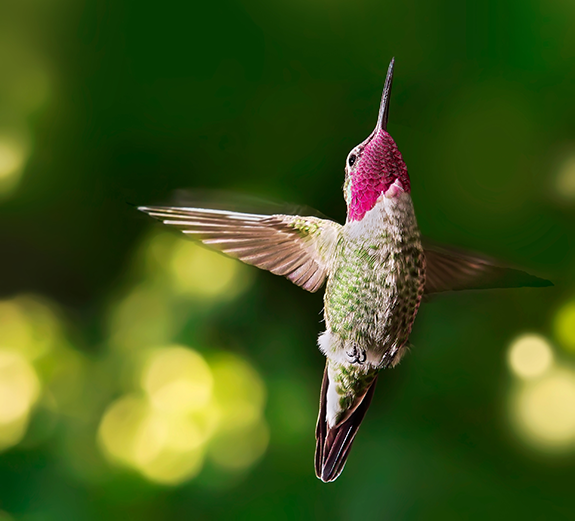Ruby-throated Hummingbirds have been sighted in southern VA! They’re so close now!!! It’s time to get your feeders up!
Make sure your feeders are clean and filled with freshly-mixed nectar. These tiny travelers will be hungry when they get here and our feeders will help nourish them until Spring flowers bloom.
Feeding Hummingbirds is So EASY!
A Hummingbird feeder near your window is an opportunity to observe one of Nature’s most fascinating creatures. Don’t miss out! What type of feeder works best? The Backyard Naturalist recommends some classic, favorite Hummingbird feeders here.
Red Dye in Hummingbird Food? Why Bother?
For starters, just make your own fresh nectar! It’s super easy: sugar and water. See our Hummingbird food recipe (along with other helpful hints) on our resource page.
Secondly, tell everyone you know, there’s no need for any red coloring or dye in Hummingbird nectar. Red dye or food coloring offers zero health benefits, obviously, but does it actually harm the Hummingbirds?
There’s no scientific study (that we know of) that flat-out proves if red dye is bad for Hummingbirds. However, there’s enough anecdotal evidence to give us pause to think. Why take the chance?
Finally, just in case, there’s one way to avoid the issue entirely: Leave the red coloring out and use a red hummingbird feeder instead. DOH!
Keep it Easy for You & Healthy for Them
If you’re looking for other ways to attract Ruby-throated Hummingbirds, see our Hummingbird resource page. There, you’ll also find tips on how to best support Hummingbirds in your backyard habitat. Following our short checklist, you can quickly and easily be prepared for Hummingbirds when they arrive. Keep it simple!
Be Ready for Hummingbirds!
Ultimately, keeping it easy for you and healthy for them is key to maximizing the joy of hosting Hummingbirds. Get your feeders up NOW!!!






